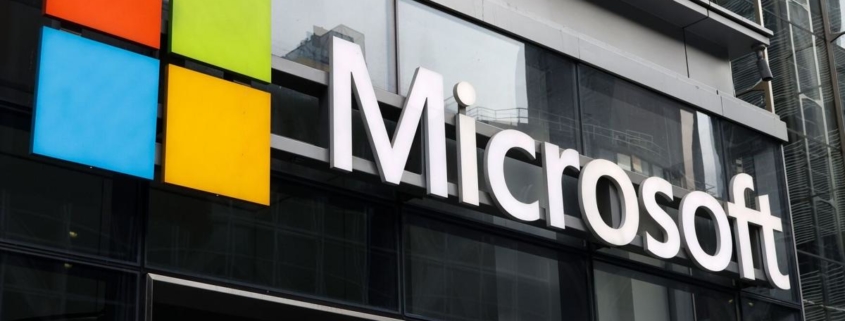Ukrainian hackers take out hundreds of Russian space research servers and supercomputers
The cyber warfare between Russia and Ukraine continues as hackers from the latter launch an attack and destroy the database and infrastructure of Russia’s Far Eastern Research Center of Space Hydrometeorology, “Planeta”.
According to Ukraine’s military intelligence agency, the attack resulted in two petabytes of data and 280 servers being destroyed. Additionally, a digital array valued at US$10 million was also lost in the attack, as well as disabling the research centre’s supercomputers beyond repair through the destruction of software.
“One such computing device together with software costs US$350,000. In the conditions of strict sanctions against Russia, to get such a software again it is impossible,” wrote Ukrainian Defence.
Data included satellite and meteorological data used by the Roscosmos space agency, Russian Defence, emergency situations ministries and other government departments.
Adding salt to the wound, airconditioning, emergency power, and humidification systems were also disabled.
“In total, dozens of strategic companies of the Russian Federation, which work on ‘defense’ and play a key role in supporting Russian occupation troops, will remain without critically important information and services for a long time,” the agency added.
“Glory to Ukraine!”
The attack is the latest in a series between Ukraine and Russia, with the latter recently disabling Ukraine’s largest telco, Kyivstar.
The attack, which occurred in December last year, resulted in service outages the telco originally said were the fault of a technical failure, before confirming a cyber attack.
The attack left Kyivstar’s over 25 million customer base, over half the country’s population, without mobile and home internet services.
A day after the incident, the attack was claimed by Russian hackers from the Solntsepek group, which said they wiped thousands of servers and 10,000 computers.
“We, the Solntsepek hackers, take full responsibility for the cyber attack on Kyivstar. We destroyed 10 thousand computers, more than 4 thousand servers, all cloud storage and backup systems,” said the group on Telegram.
“We attacked Kyivstar because the…



